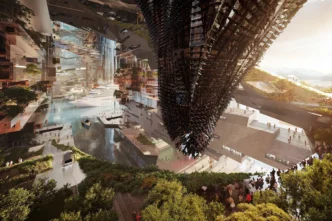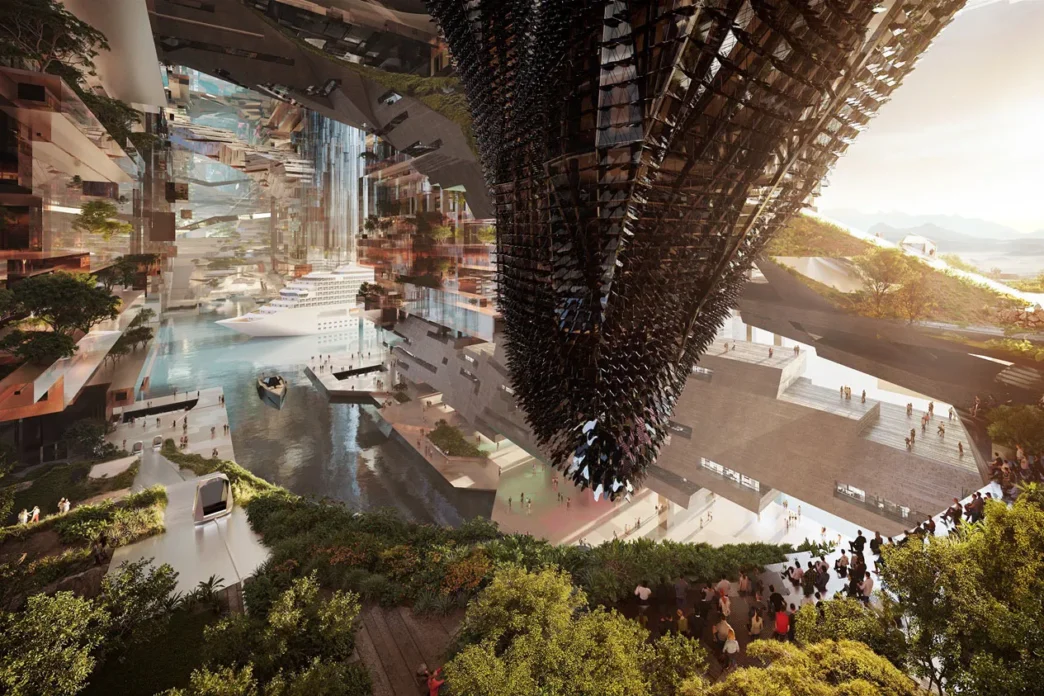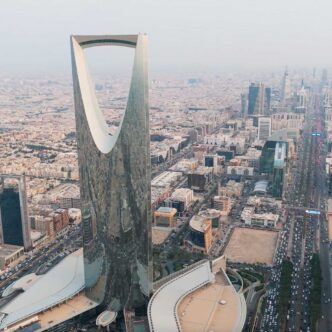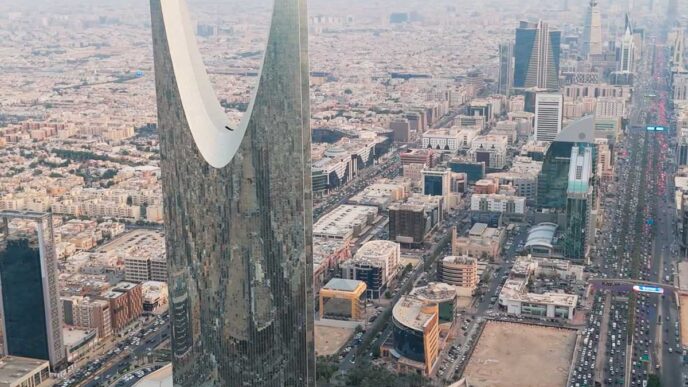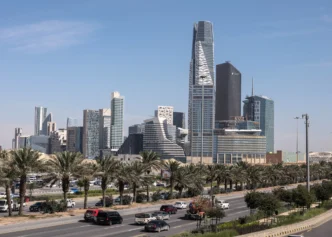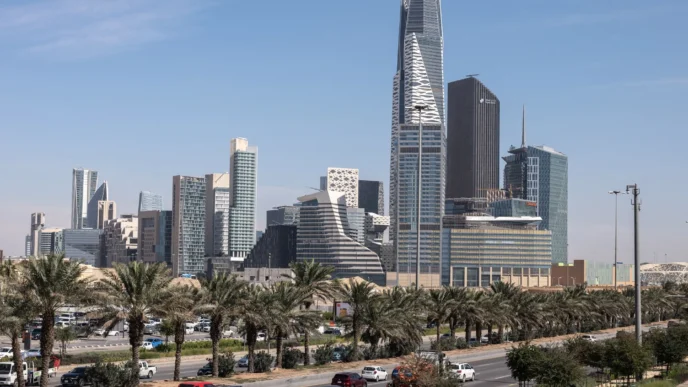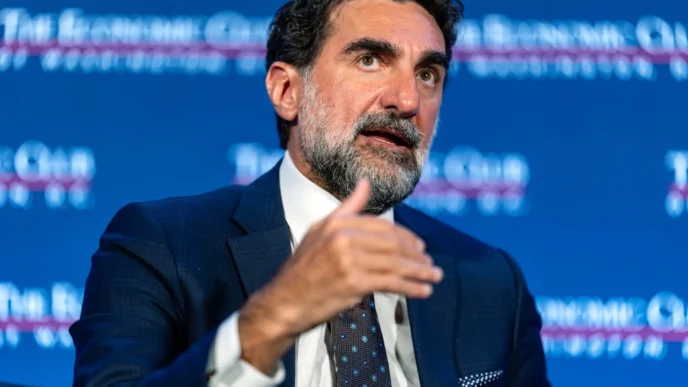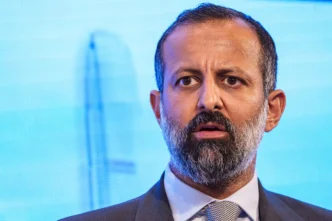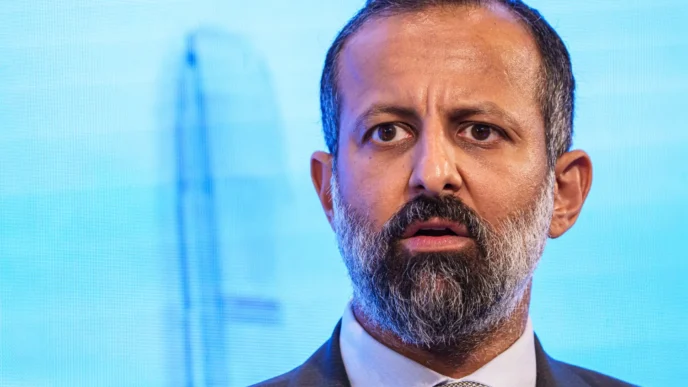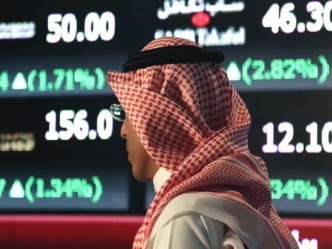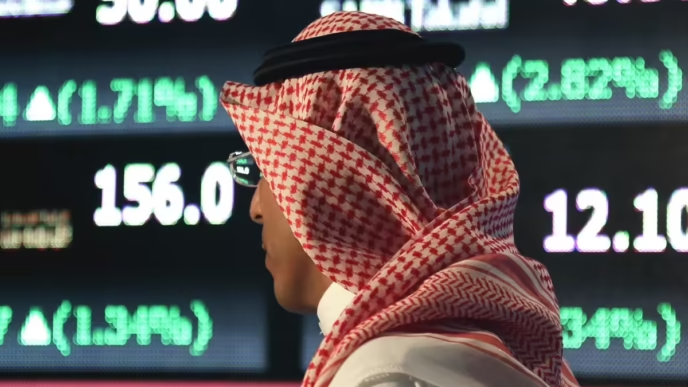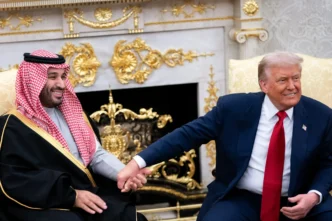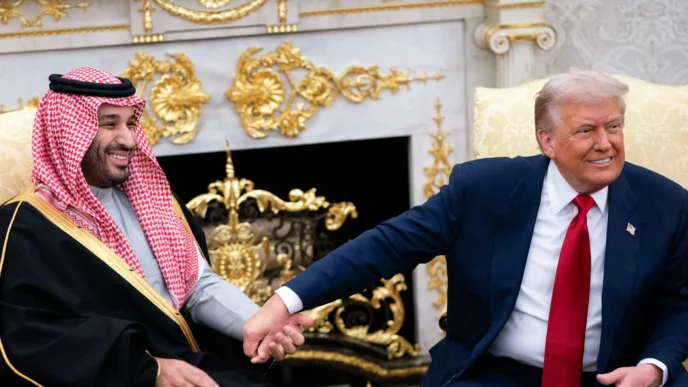Riyadh — Saudi Arabia is signaling a strategic pivot to international investors, moving away from its once-vaunted Neom megacity project and emphasizing artificial intelligence, technology, and high-value sectors as the next frontier for economic growth. The shift marks a recalibration of the kingdom’s long-term investment narrative and reflects both fiscal prudence and a response to the practical challenges of executing one of the world’s most ambitious construction projects.
The Neom Vision: Ambition Meets Reality
When Saudi Arabia first unveiled plans for Neom, a $500 billion futuristic city in the northwestern desert, the world took notice. Promised as a hub for innovation, tourism, and renewable energy, Neom was meant to transform the kingdom’s economic and social landscape while diversifying away from oil dependency.
Yet, after years of promotional campaigns and high-profile announcements, the scale and complexity of the project have raised questions among investors. Logistics, environmental considerations, and the sheer cost of building a city from scratch have made many Wall Street analysts cautious about the project’s near-term viability.
Pivot to AI and Technology
In recent briefings with global investors, Saudi officials have emphasized a new direction: a focus on artificial intelligence, digital infrastructure, and knowledge-based industries. The message is clear—Saudi Arabia is prioritizing scalable, high-return sectors that can integrate into global markets more rapidly than the construction-heavy Neom initiative.
“This is a shift from building physical monuments to building intellectual and technological capital,” said a senior advisor involved in the kingdom’s investor relations efforts. “AI, data analytics, and digital services offer immediate economic impact and are far easier to scale globally.”
The pivot is also aligned with the Saudi Vision 2030 blueprint, which has increasingly emphasized technology, education, and innovation as pillars for future growth. By redirecting focus toward AI, the kingdom aims to position itself as a competitive player in the global knowledge economy.
Wall Street’s Perspective
International investors are closely watching the shift. While Neom remains a symbol of Saudi ambition, concerns over feasibility, regulatory complexity, and long-term returns have made some institutional investors wary. The kingdom’s pivot toward AI and technology is seen as an effort to present a more pragmatic and market-ready investment case.
Investment banks and financial advisers have noted that this repositioning could attract venture capital, private equity, and tech-focused funds that were previously hesitant to commit to massive infrastructure projects in Saudi Arabia. By emphasizing AI, the kingdom is tapping into a sector that promises rapid scalability, intellectual property generation, and integration with global tech supply chains.
Economic and Strategic Implications
The strategic redirection carries implications for Saudi Arabia’s economic diversification strategy. By prioritizing AI and technology over large-scale construction projects, the kingdom can:
- Reduce upfront capital expenditure: Technology investments typically require less physical infrastructure than mega-cities.
- Accelerate returns: Digital and AI ventures can scale rapidly and generate revenue streams sooner than long-term construction projects.
- Enhance global competitiveness: By focusing on high-value, globally relevant sectors, Saudi Arabia can attract talent, partnerships, and international recognition.
- Align with geopolitical interests: Technology leadership can bolster the kingdom’s influence in global innovation ecosystems, particularly in AI standards, smart energy, and digital infrastructure.
Analysts suggest that the pivot reflects lessons learned from the challenges of Neom, signaling a more strategic and results-oriented approach to economic diversification.
Challenges Ahead
Despite the new emphasis, the transition is not without challenges. Building a credible AI ecosystem requires not only investment but also talent development, research infrastructure, and a regulatory environment conducive to innovation. Saudi Arabia will need to attract global expertise while nurturing domestic capabilities, balancing openness with the kingdom’s social and governance frameworks.
Additionally, some investors may view the shift as an acknowledgment that Neom’s original vision was overly ambitious. Managing investor expectations while maintaining credibility will be crucial for the kingdom as it markets its AI-focused agenda.
Looking Forward
Saudi Arabia’s pivot from Neom to AI represents a broader recalibration of its economic narrative: one that emphasizes practicality, global integration, and high-tech ambition. By showcasing AI and digital innovation as central pillars of future growth, the kingdom aims to attract investors seeking rapidly scalable, high-impact opportunities, rather than long-term construction projects with uncertain returns.
For Wall Street, the message is clear: Saudi Arabia is ready to compete in sectors where intellectual capital and technology can create tangible returns, signaling a new chapter in the kingdom’s effort to diversify its economy and reshape its global investment profile.
As the world watches, the kingdom’s ability to execute this pivot successfully will likely define its economic trajectory for the coming decade.


